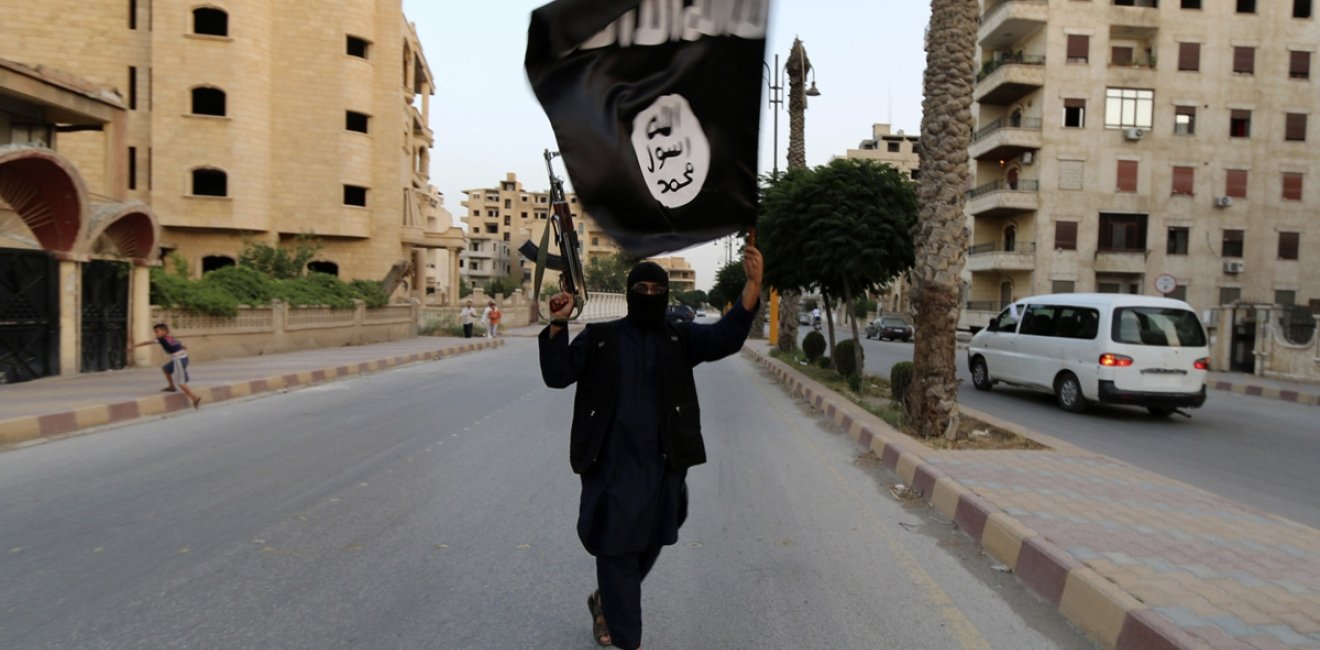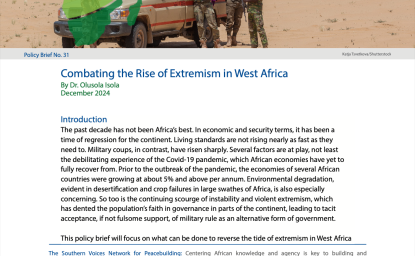The jihadi terror we face is an insoluble problem. We can no more conclusively “win” the war against jihadi terror than we can “win” the wars against crime or drugs; or eliminate all racial prejudice; or eliminate all disease, poverty, and inequality. I say this as neither a declinist nor a defeatist. I served in Republican and Democratic administrations for more than 20 years working on Middle East issues, and I believe deeply in American exceptionalism and power. I am, however, a realist and a proponent of Reinhold Niebuhr’s idea that the best we can do–if that–is to find proximate solutions to insoluble problems.
What the country could have used from President Barack Obama on Sunday in addition to reassurance is some reality therapy. For example:
The jihadis are thriving. The U.S. has had successes against al-Qaeda, including killing Osama bin Laden and other core al-Qaeda leaders. And no terror attack directed by a foreign terror organization has happened on U.S. soil since 9/11. But 14 years after that terrible event–which is twice as long as it took the Allies to defeat the Axis powers in World War II–the jihadis are thriving by any standard. In the past month Islamic State has directed and inspired attacks against Russia, France, the U.S., and Britain; that’s four of the five permanent members of the U.N. Security Council. Jihad has gone global, jumping borders not just in the Middle East but also in Europe and Africa as well as reaching into the U.S. Islamic extremists, however atomized or decentralized, inspire or direct attacks against innocents with bloody frequency. The ISIS affiliate Boko Haram killed more people in west Africa last year than ISIS did anywhere.
The Middle East is too broken. To defeat ISIS and all jihadis the Middle East, the region from which their ideology emanates, would need to undergo a dramatic shift. In short, it would need to be saved, which is as impossible as it sounds. The civil war in Syria would need to be ended (here’s a good primer on why that’s not happening anytime soon); good governance must be ensured in Iraq; the ungovernable spaces in Yemen and Libya would need to be controlled; the Saudis would have to stop exporting radical Wahabbism; and the sectarian tensions between Shiites and Sunnis, a divide on which ISIS thrives, would need to be resolved. It is beyond the capacity of any regional power or combination of external problems to accomplish these things. The U.S. and its coalition allies can weaken Islamic State by killing its leaders and choking off its finances. But until Arab leaders govern their own societies with representative institutions that reflect sectarian inclusion and balance, there will be jihadis with grievances against their own leaders and the West.
Fixing the House of Islam: People around the world can pretend all they like that these jihadis are generic extremists and terrorists devoid of connection to Islamic doctrine and precepts. But this is wrong and dangerous. No other group of religious extremists directs and inspires its followers to kill innocents across the globe. Of the 10 terror groups with the most attacks worldwide in the State Department’s 2013 counterterrorism report, seven were Muslim. This doesn’t mean that the vast majority of the world’s 1.6 billion Muslims practice violence or subscribe to a radical ideology or support these extremists. But ISIS uses Quranic texts, practices, and traditions from a medieval period of Islam to justify whom they kill and torture, and its adherents’ own willingness to die. Until the majority of Muslim leaders find ways to delegitimize this minority and do much more to present an alternative vision, defeating the jihadis will remain a thought experiment.
None of this means that the U.S. needs to live in fear, be passive, or give up fighting the jihadi threat. But it does mean we are in for a long, nuanced and complex war. And we are ill-served by efforts to persuade us that a particular strategy is the way to definitively win this conflict, whether that is President Obama’s Sunday-night address to the nation or alternatives offered by Republican presidential candidates. Perhaps over time we can prevail. But the immediate challenge is to do everything we can to prevent jihadi terror attacks while preserving our values and security in the process.
The opinions expressed here are solely those of the author.
This article was originally published in The Wall Street Journal's Think Tank Blog.






